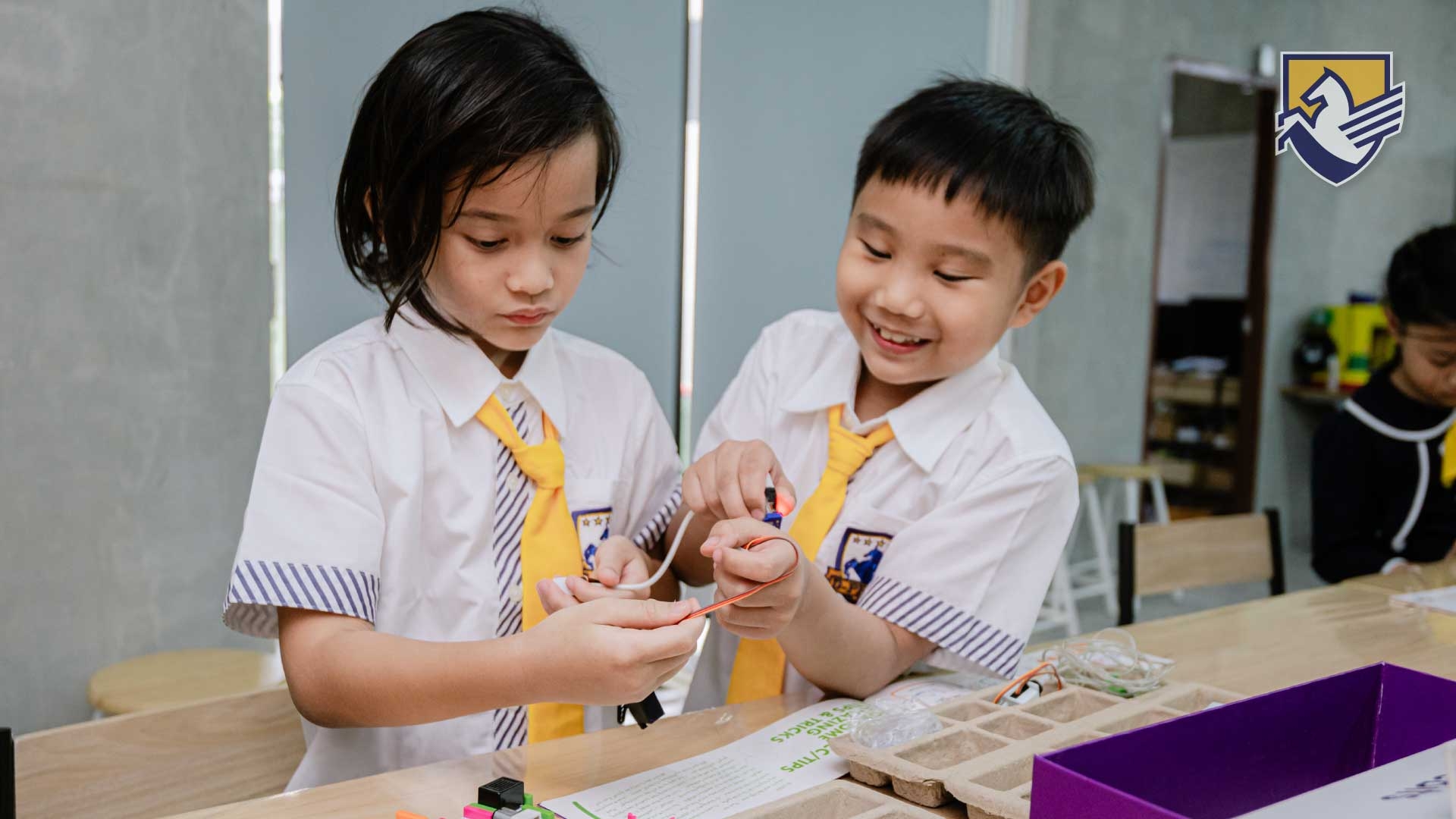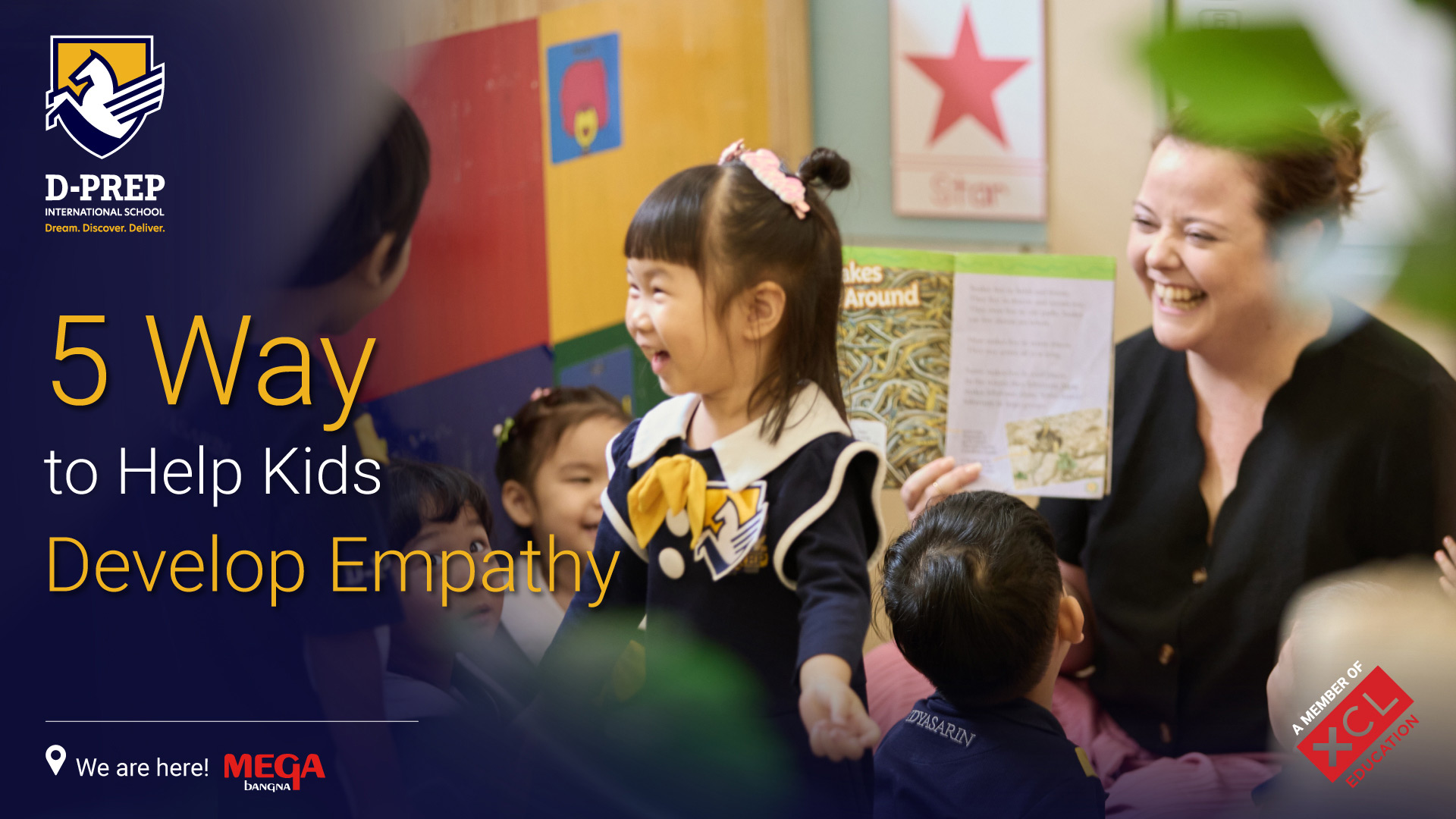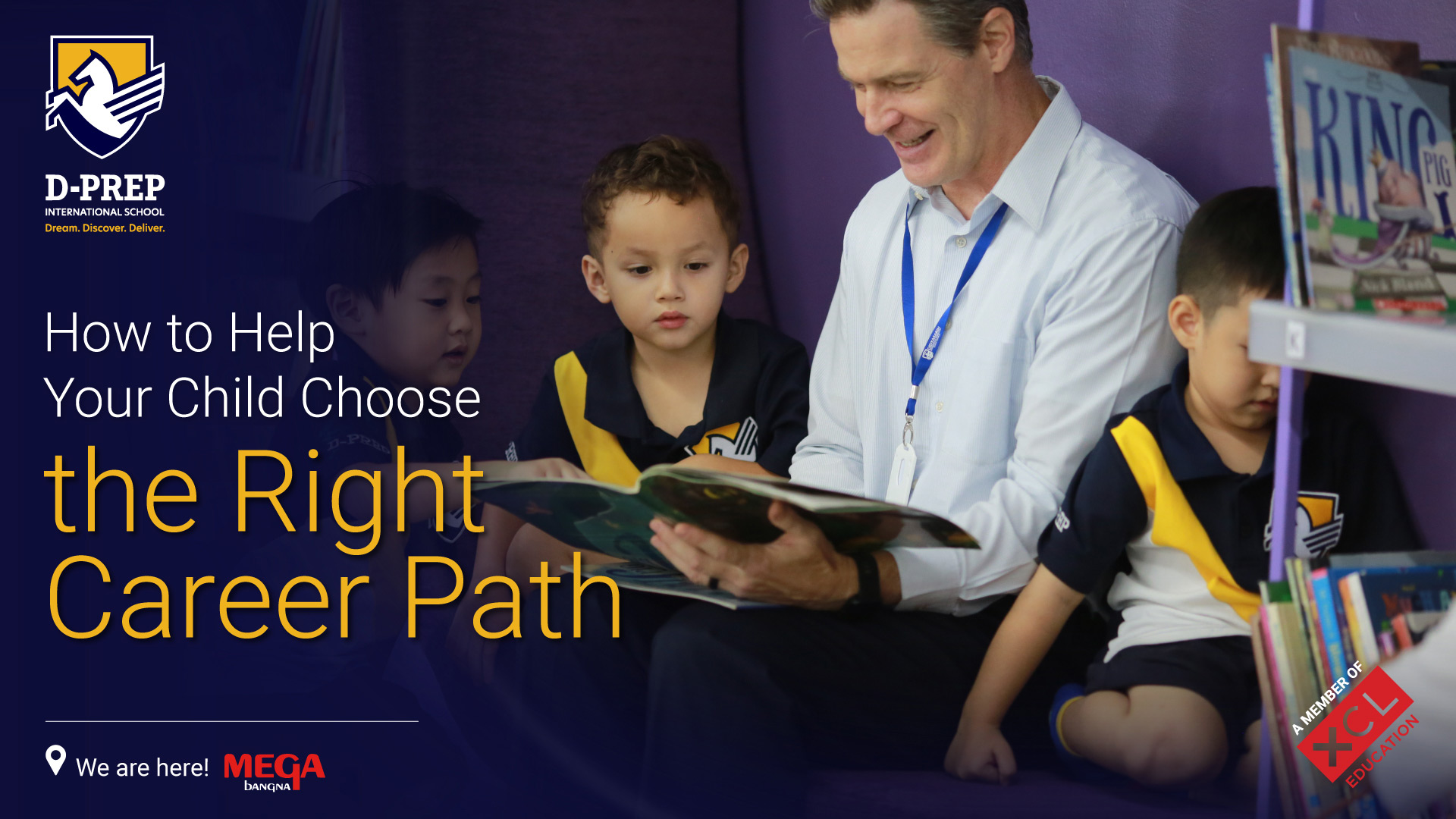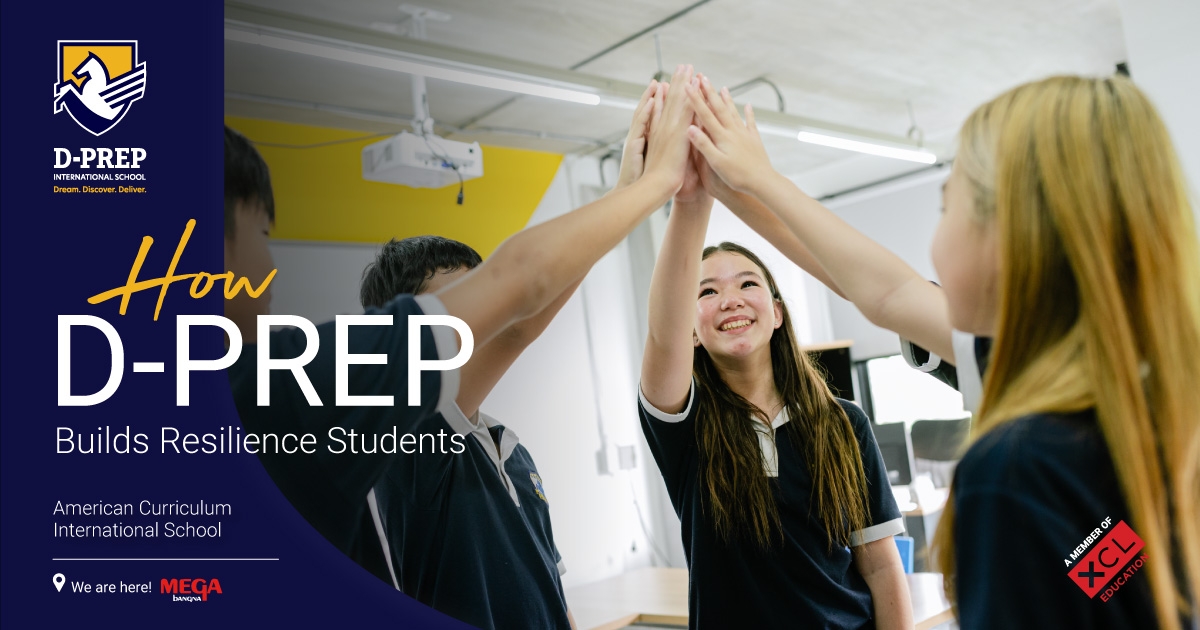Critical thinking skills are essential for a child’s intellectual growth and future success. These skills empower children to analyze information, make informed decisions, and solve problems effectively. Developing critical thinking early can lay a strong foundation for lifelong learning and development.
What are Critical Thinking Skills?
Critical thinking skills encompass the ability to think logically, question assumptions, consider multiple perspectives, and evaluate information objectively. It goes beyond rote memorization and encourages children to explore ideas, analyze evidence, and form reasoned conclusions. Key components of critical thinking include reasoning, analysis, evaluation, problem-solving, and decision-making.
The Process of Critical Thinking:
Critical thinking is not a linear process but rather a dynamic and iterative one. Here are the critical thinking steps you can follow when building this important skill in your children:
1. Identify the problem – Encourage children to identify the core issue or question at hand.
2. Gather information – Teach children how to research and collect relevant information from various sources.
3. Analyze information – Guide your children to examine and scrutinize the collected data for accuracy and reliability.
4. Generate alternatives – Encourage children to think creatively and generate different solutions or perspectives.
5. Evaluate alternatives – Assist children in assessing the pros and cons of each option and determining the most viable solution.
6. Decide – Encourage children to make an informed decision based on their analysis and evaluation.
7. Reflect on the process – Encourage children to reflect on their thinking process and identify areas for improvement.
Why are Critical Thinking Skills Important to Children?
Developing critical thinking skills in children offers numerous advantages. One such advantage is enhancing problem-solving abilities. When children are taught how to think critically, they are better equipped to tackle complex challenges and find innovative solutions. This also fosters creativity and teaches them to think outside the box and explore unconventional ideas.
Another positive effect of enhanced critical thinking is effective communication. When children think clearly, they can articulate their thoughts and ideas with clarity and coherence. Since critical thinking enables children to question and test previously held assumptions, they are more motivated to seek knowledge independently and be self-directed.
Lastly, critical thinking skills boost confidence and autonomy. Independent children have a sense of freedom and confidence in their decision-making abilities. This overall prepares them for future success as critical thinking is a valuable skill in academics, careers, and everyday life.
Characteristics of a Critical Thinker

Critical thinkers exhibit certain traits that distinguish them from passive learners. One of the key characteristics of a critical thinker is curiosity. Curious learners have a desire to explore and discover new information. They are also open-minded and willing to consider different perspectives and ideas. This open-mindedness helps them break complex problems into manageable parts, which, in turn, enhances their analytical skills.
A critical thinker is also skeptical of information given, both new and old. They seek evidence before accepting it and often do their due diligence. Because of this skepticism, they are also reflective and assess their thought processes. Critical thinkers take mistakes in stride and understand that mistakes are a great opportunity to learn and improve.
5 Ways to Increase a Child's Critical Thinking Skills
1. Encourage questioning – Foster an environment where children feel comfortable asking questions and exploring ideas.
2. Engage in discussions – Encourage regular discussions on various topics, encouraging children to express their opinions and listen to others.
3. Problem-solving activities – Introduce age-appropriate puzzles, riddles, and games that require critical thinking and problem-solving.
4. Read and analyze – Encourage reading diverse materials and discuss the content with children to enhance their analytical skills.
5. Real-world experiences – Involve children in everyday decision-making processes and real-life problem-solving situations.
How D-PREP Teaches Critical Thinking to Students

At D-PREP International School, we nurture young minds to become critical thinkers well-prepared for challenges in the 21st century. We believe that fostering critical thinking skills is essential to empower our students to become lifelong learners and engaged global citizens. To achieve this goal, we implement various innovative teaching strategies that challenge students to think outside the box.
One of our primary approaches is inquiry-based learning, where students are encouraged to ask questions, explore topics deeply, and seek answers through research and investigation. This stimulates their intellectual curiosity and hones their analytical and problem-solving skills. In line with this, our design-thinking process empowers students to solve real-world problems creatively. When students emphasize with those in need, brainstorm ideas, and come up with solutions, students develop a deep understanding of complex problems and the skills to create effective solutions.
Another approach we use at D-PREP is learning expeditions, where students apply their critical thinking in practical scenarios. These learning expeditions happen in different areas of Thailand and in places where there is a great need. For example, D-PREP middle school students went to Koh Yawasam, Krabi, to build and plant coral nurseries at the bottom of the ocean. Another example is the War and Peace learning expedition, where students interviewed different people who have experienced war and conflict, such as war prisoners, soldiers, pilots, activists, government officials, and more.
These different approaches to learning help students understand diversity and value different perspectives in life. At D-PREP, we empower students to navigate an ever-evolving world with confidence and ingenuity. We are dedicated to creating a friendly, inclusive, and challenging environment where every student can flourish and thrive as a resilient critical thinker.
If you are interested in visiting the school, please contact
Address :
D-PREP International School
38, 38/1-3, 39, Moo 6,
Bangna Trad Rd., Km. 8,
Bang Kaeo, Bang Phli District,
Samut Prakan, Thailand 10540
Email: info@lady
Google Map: https://info.dprep.ac.th/directions
Tel: 02-105-1757, 082-1515922
Website : www.dprep.ac.th
Facebook: DprepSchool
Line: @d-prep
IG : @dprepschool






